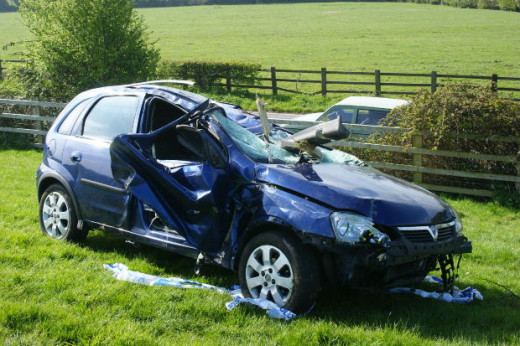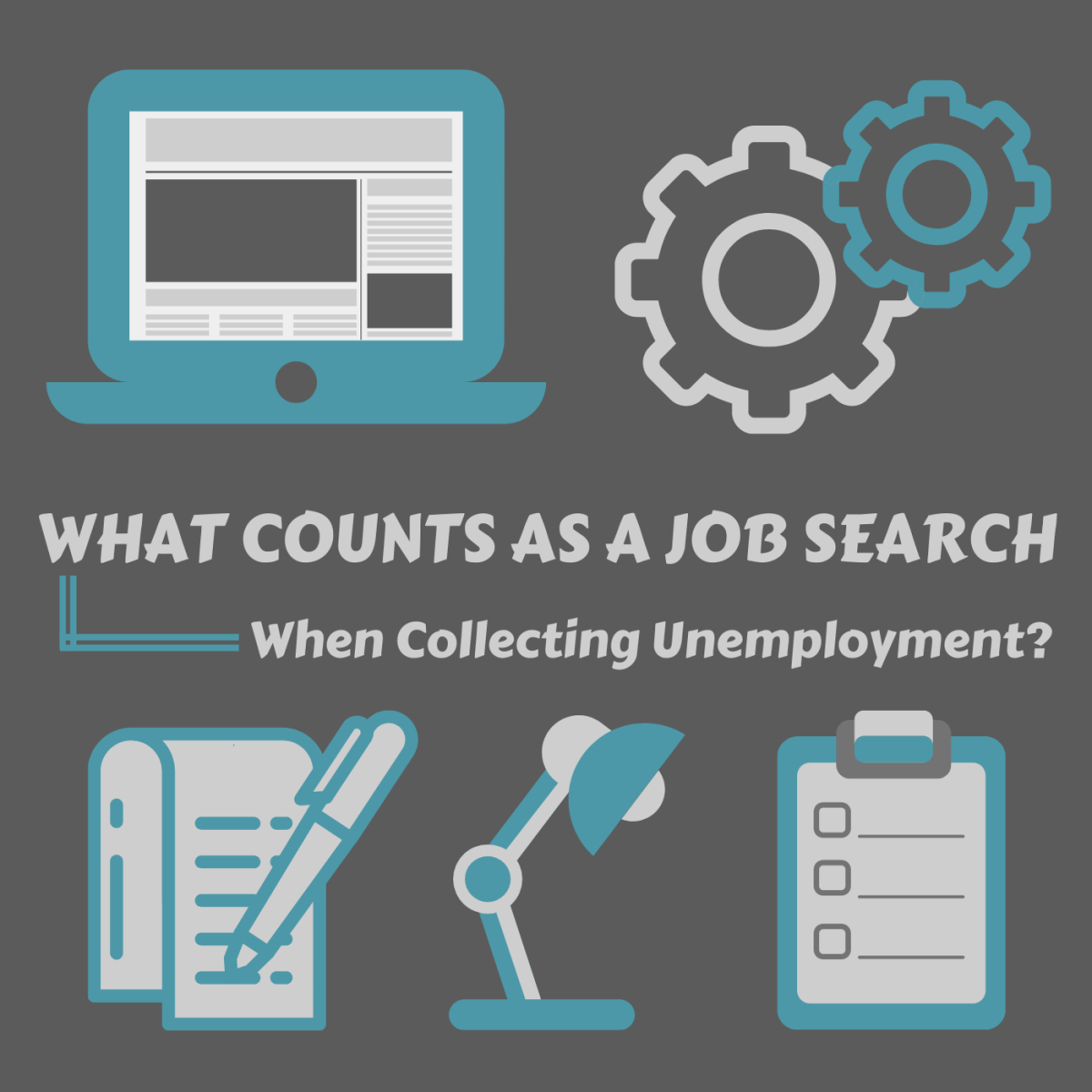Types of Car Insurance Coverage Explained

Car Insurance!!!! What Does it All Mean?
Auto insurance is mandatory in many jurisdictions but that doesn't mean you have to get all available types. There are various different categories of insurance meant to protect you and others from different types of "loss". Let's go through the different types of car insurance in turn:
Liability Insurance
This type of car insurance, not surprisingly, covers you against things for which you are liable. More specifically, it covers you when you damage property that is not your own or cause injury to someone else. It also covers collateral damages such as lost wages or pain and suffering due to injury. If you drive into a house, it covers the damages to the house. Liability insurance is quite often the only type of auto insurance forced upon you by law because most people can't afford the potentially million dollar lawsuit if they maim someone into a coma. Getting this insurance is a no brainer because either you don't have a choice or you should get it anway since it's not worth the risk to burden the financial loss that could result.
Collision Insurance
This type of car insurance covers you for YOUR car. If you make a left turn and get T-boned, it's your fault and your insurance won't pay for the damage to fix your doors and fenders unless you have collision insurance. Collision insurance is cheaper than liability in most cases by a pretty decent margin but it's still nothing to blow off. Deciding whether you need collision is going to depend heavily on how much your car is worth. If it's a Ferrari, I should think you would want to insure it because if you total the car, you lose the entire value of the car. Is that worth the risk to you? If you're driving a 1995 Honda Civic on the other hand, the deductible will be higher than the value of the entire car so don't bother with collision. It's all a matter of return on investment. Try to figure out the useful life of the car and how long you'll be paying the premiums for it. Is that a significant chunk of the value of the car? If yes, you may opt out of the coverage. If no, you'd better protect your asset.

Comprehensive Insurance
Comprehensive insurance is the name given to insurance that covers you against losses that do not result from an accident. A stone chip from the highway, a fire, theft, hail storms, etc. These sorts of things can necessitate repair or replacement of your vehicle without you even being involved in any kind of motor vehicle infraction. Getting this type of insurance is again, a risk assessment. How safe is the car when left unattended? What kind of neighborhood do you live in? How much do the various vulnerable parts of the car cost? How much is the windshield, how much does it cost to paint the car? How much to bang out a dent? Replace a mirror? A stereo? You have to dig around a bit and get a ballpark of how expensive your car is to fix up should anything nasty happen to it. If it's at risk of fire or theft outright, the total value of the car is most relevant. Comprehensive, like collision is usually less expensive than liability but still gets pricey when you add it all up so do your homework.
Personal Injury Protection Insurance
This is like liability except it pertains to you and your passengers. It covers you if you or your passengers incur losses due to bodily injury. It will pay any medical bills that result. This is highly recommended if it is offered. Be aware that sometimes this insurance is implicit to the liability insurance but when it isn't, get it.
Uninsured/Underinsured Motorist Protection Insurance
In some locations, where it is not a legal requirement to have insurance or when the other driver has cheapo insurance with not enough coverage to pay you, this type of insurance will give you peace of mind that your insurance provider will pay you for any losses that the other at fault driver would normally have been responsible for. If you live in an area that doesn't require people to drive with insurance or you happen to know there are insurance providers offering particularly low-coverage policies, you may want to look into this. Otherwise you can pass on it.
What Factors Will Affect Quotes and Premiums
Personal Profile
Your insurance premiums depend on how long you've been driving and how naughty you've been (ie. how many infractions you've been convicted of on your driver's abstract). Other metrics are used to fit you into a statistical category like your age, gender, marital status and all sorts of things you wouldn't suspect. Basically the insurance company is very good at statistics and risk. They want to know what kind of a risk you are behind the wheel. They don't care so much what kind of a person you are, whether you're nice and careful or cocky and arrogant. They just want to know what group of people you most closely resemble so they can attribute the risk factors of that group to you. Then they look at how many tickets and accidents you've had and go from there.
Location
BIG FACTOR right here in your insurance quote. Your postal/zip code will tell the insurer what correlation there is between your geographic location and the rate of claims for your demographic. Moving down the street could cause your premium to go up or down by hundreds of dollars if you cross a boundary. This is usually not something you will have control over but if you happen to be relocating it might be worth getting some quotes with different postal/zip codes to do a comparison in auto insurance rates.

Type of Car
Your car will determine several things. What's the car meant for? Is it a minivan that has 20 airbags and carries kids to soccer practice or is it a Dodge Viper SRT10? The type of car says a lot about the driving style but it also tells the insurance company how expensive the parts are to replace, how many of these cars there are on the road, how many claims have been reported for that car and so on. Just because a car is sporty and expensive doesn't necessarily mean the premiums will be high if there's only 10 of them on the road and none of them have been in accidents. They also look at how frequently the car is stolen and things like that. Check the link below for an example of how many cars compare in terms of risk level and premium.
http://www.ibc.ca/en/Car_Insurance/documents/hcmu/2013/HCMU_E_2013.pdf
How Much You Drive
Obviously if you drive 50 miles to work back and forth every day you're much more likely to be involved in a car accident than if you drive 10 miles a week in your fancy Beamer for recreational purposes and take the bus to work. You'll have to report the estimated number of miles you expect to put on the car in a given year so the insurance company can come up with a risk factor based on how much time the car is on the road. Make sure not to lowball this figure because if your odometer is way off from your estimate and you make a claim, your provider may not cover you.
Submitting a Claim Cheat Sheet
Other Tips to Lower Your Rates
Check around and get as many quotes as you can. Some companies have different options that you can cut out, which will save you money and other companies are simply more competitive and will give you a better rate for the same coverage.
If you have a house or more than one vehicle, insuring everything under the same insurance provider will get you a discount in the neighborhood of 5-10% usually. Make sure you ask about this.
If you belong to any professional organizations such as being a chartered accountant, a professional engineer, a graduate from a local university or any other number of possible accreditation, ask the provider if they offer a discount for that. Some providers do and you could save hundreds of dollars just by telling them what you have.
Car insurance quotes usually take 10 to 15 minutes so you can polish off a dozen or so in a lazy afternoon. It's a small price to pay to get the best premium at the best rate. Good hunting!








